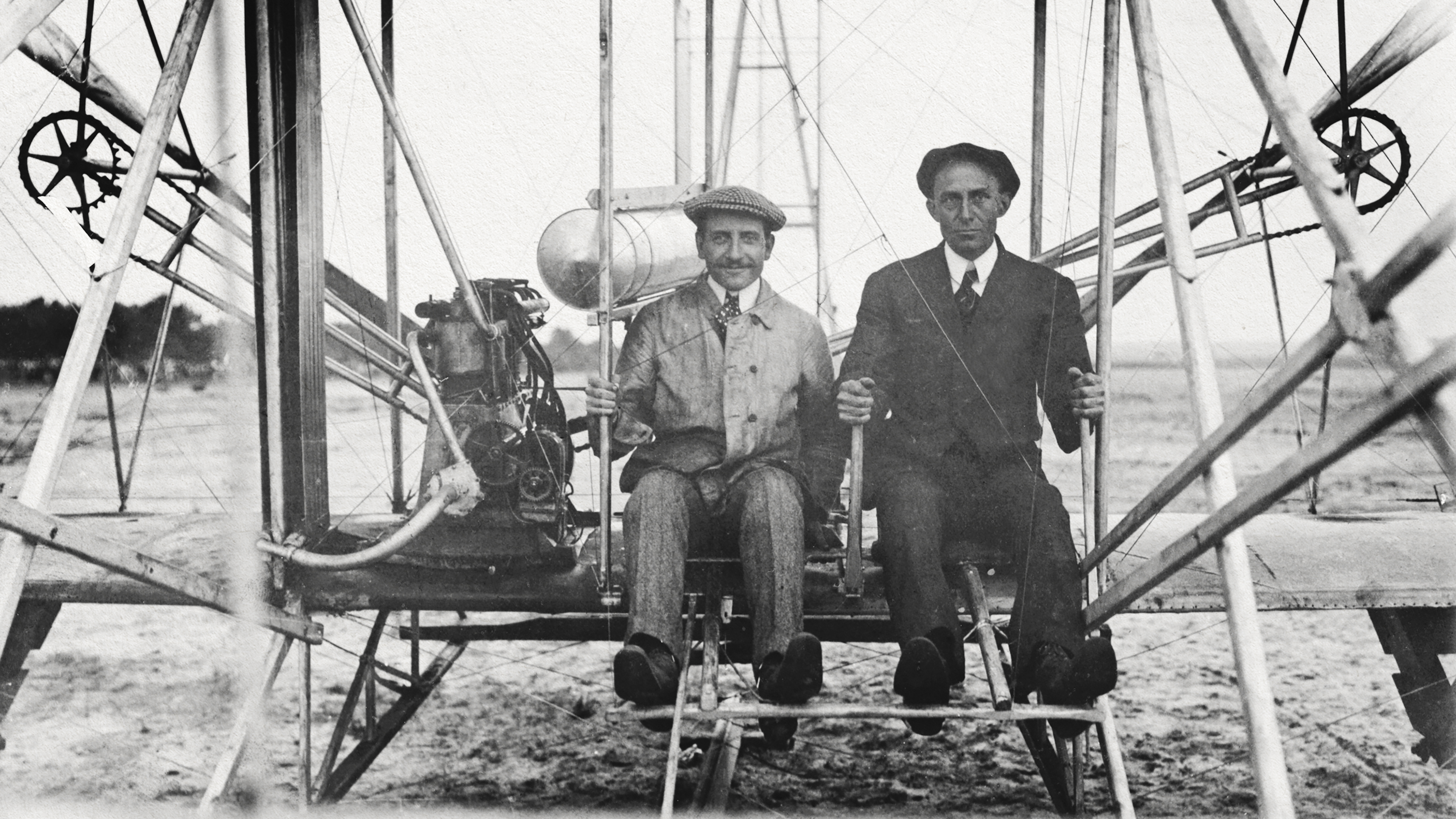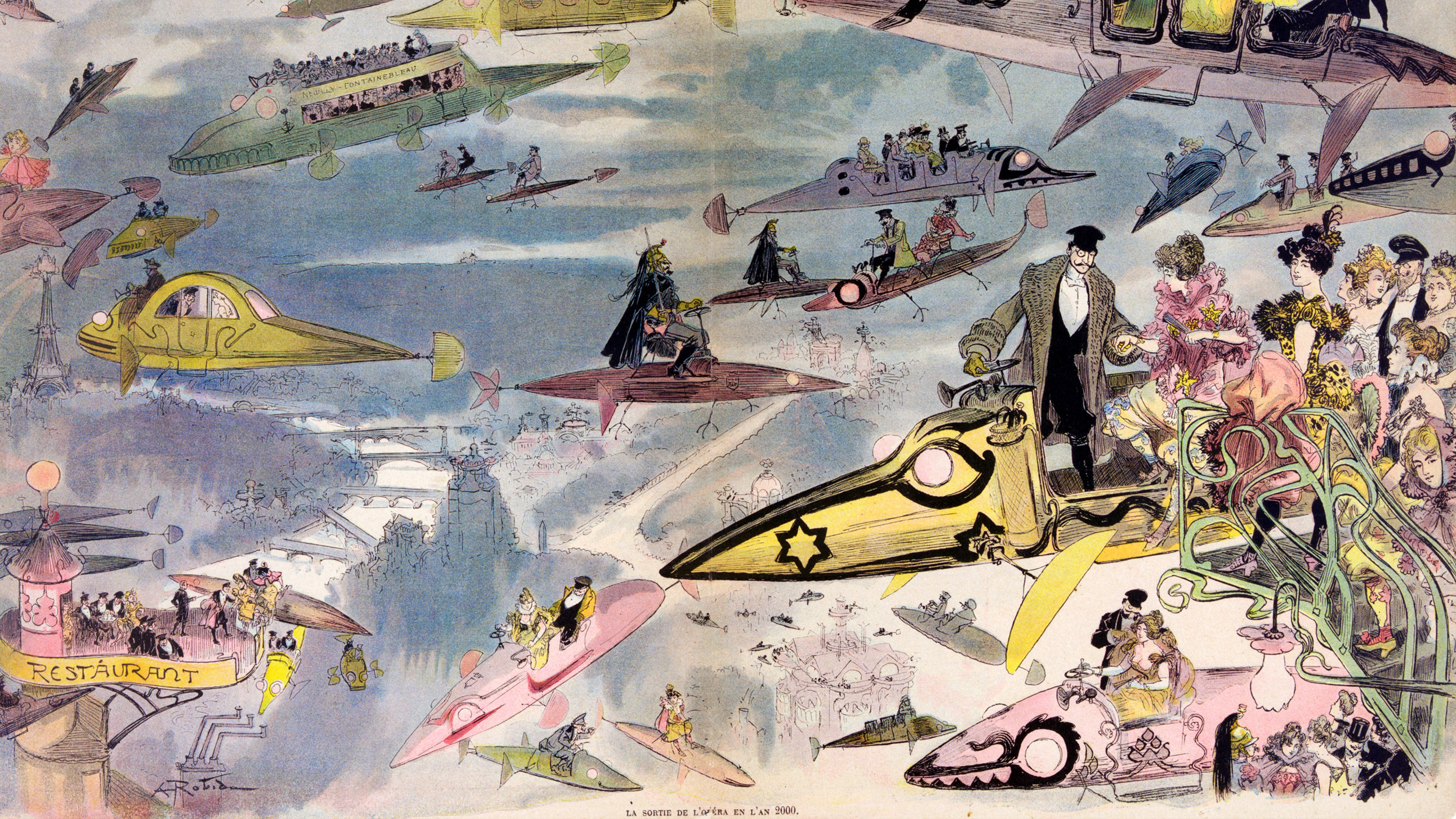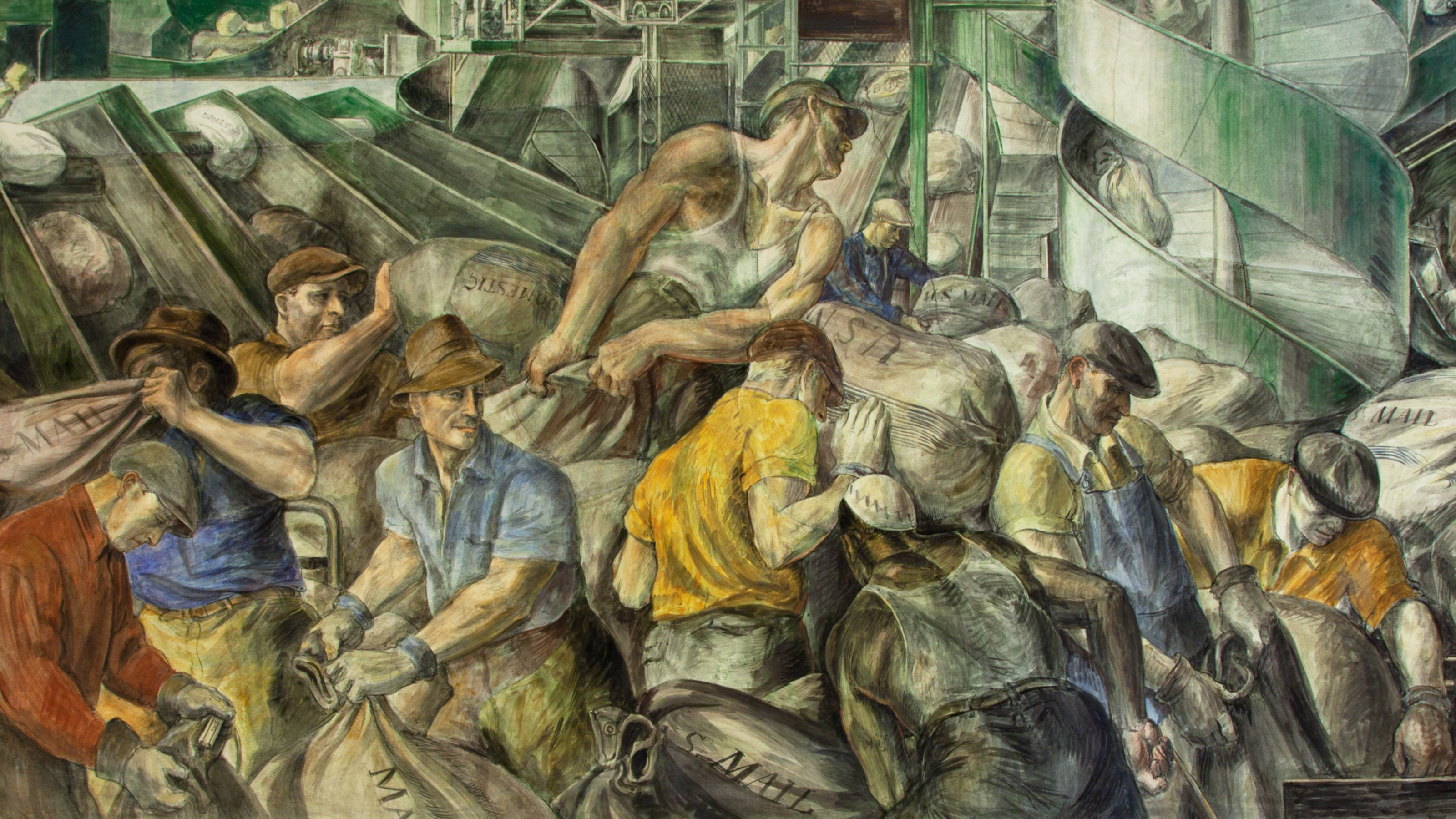Dan Seewald is the founder and CEO of Deliberate Innovation.
DAN SEEWALD: A game that I've played, which started with a real problem in my house -- I have three kids. All three of my kids are generally messy. And we have not really successfully mastered persuading them to do their own laundry. So my wife and I have children who play sports, and the laundry keeps piling higher and higher and higher. Now, I don't know about you, but anyone else who's got multiple children, you have a busy life, and the laundry doesn't just get done by itself.
Now you probably would say what my wife said to me: Well, there's lots of obvious things you could do to solve that problem. You could send the laundry out, you could have a cleaning lady come and do the laundry. You could threaten your children, you could bribe your children. And those are all fine. But those are what I would call obvious solutions to a complex problem. So how might you be able to solve this problem of not having enough time to wash and fold your laundry?
What I would introduce is the idea of a provocative question that pushes us down those lateral paths versus the vertical or logical paths. So an example might be: What if the laundry washed and folded itself? What if the laundry washed and folded itself? That sounds ridiculous, right? Because laundry does not wash and fold itself. But that is the point of a provocative question. It forces us to now think, well, how could that happen? Well, what if you could have a robot that ingested the clothes and washed and folded it for you immediately, which, by the way, there was a product out there called the Laundroid which came out using a lateral thinking approach, all by taking that indirect approach towards solving a problem. But there's many others that you could come up with. What if you didn't have to wear clothes at all? What if clothes were invisible? What if you changed the social norm? That could be the idea of a nudist colony. Not recommending it, but it's a possibility.
So you can see how a wild question -- a 'what if?', like what if the laundry washed and folded itself? -- can lead you down non-obvious paths. It can break with tradition. It'll move you out of the normal conventions in which we typically solve problems. And we could apply it to really serious problems from the environment to corporate staff to technology issues that we face of being too distracted. It could be very relevant and applied. But the example of the laundry, it's just another way that we can solve a conventional problem that we may take obvious and normal solutions to.





